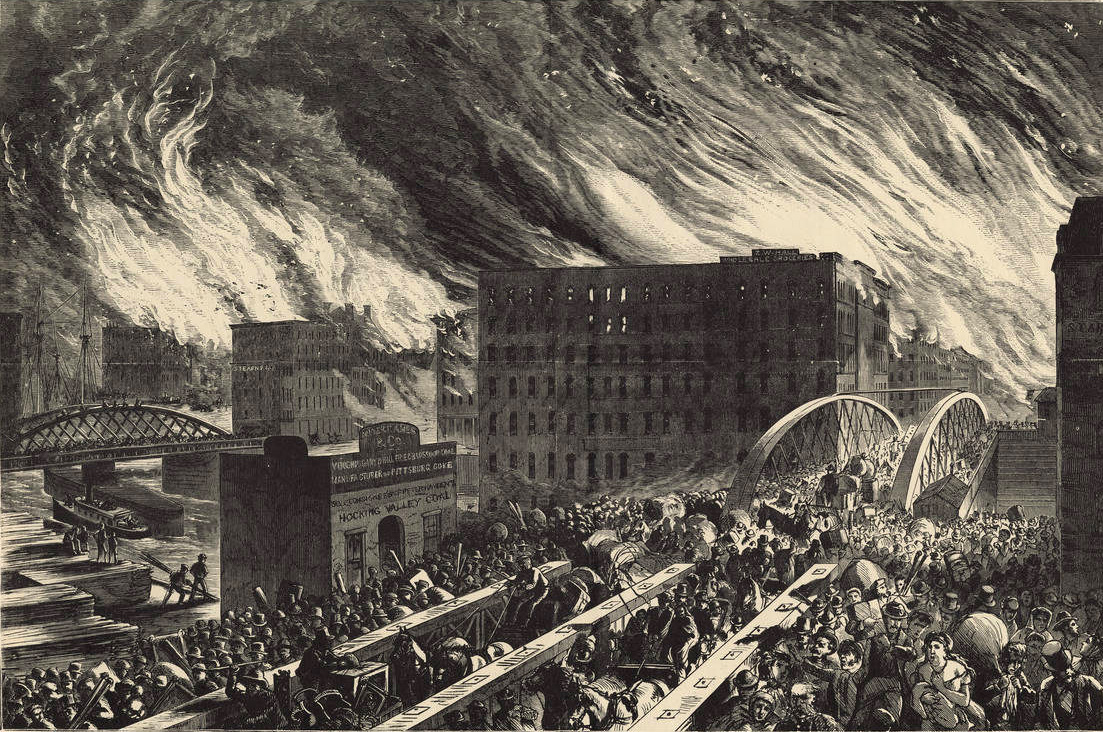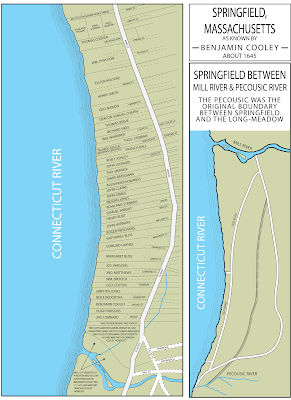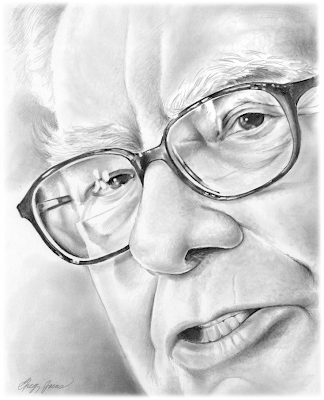Grinnell College in Grinnell, Iowa was founded by Josiah Bushnell Grinnell. Grinnell was married to Chapin cousin "Julia Chapin Grinnell".
In 1862, after the 1860 census increased the number of
U.S. House seats in Iowa from two to six, Grinnell ran for the newly created seat representing Iowa's 4th congressional district. The Fourth District was then a diamond-shaped configuation of twelve counties that included Newton and Iowa City, and ran from the Missouri border to the southern edge of Waterloo.
[3] After winning the Republican nomination and the general election in 1862, he served in the
Thirty-eighth Congress. In 1864 he won re-election, serving in the
Thirty-ninth Congress. On June 14, 1866, he was assaulted by fellow congressman
Lovell Rousseau for insulting him and his home state of
Kentucky during a House debate.
Grinnell lost the Republican nomination for a third term, losing by thirteen votes to Judge
William Loughridge in June 1866.
[4]
After his service in Congress, Grinnell resumed the practice of law. He was also interested in the building of railroads, becoming a director of the
Rock Island Railroad, and receiver of the Iowa Central Railroad (later the St. Louis & St. Paul Railroad). He also served as president of the Iowa State Horticultural Society and of the First National Bank in Grinnell.
He died of throat disease, complicated by asthma, at his home in Grinnell on March 31, 1891.
[5] He was interred in Hazelwood Cemetery.
________________________
Newspaper writer Horace Greeley supported liberal policies towards settlers; in a July 13, 1865 editorial, he famously advised "Go West, young man, go West and grow up with the country." Some have claimed that the phrase was originally written by
John Soule in the
Terre Haute Express in 1851,
[7] but it is most often attributed to Greeley. Historian Walter A. McDougall quotes
Josiah Bushnell Grinnell, the founder of Iowa's
Grinnell College, as saying, "I was the young man to whom Greeley first said it, and I went." Researcher Fred R. Shapiro questions whether Greeley ever wrote it at all and cites, instead, an occurrence of Greeley writing "If any young man is about to commence the world, we say to him, publicly and privately, Go to the West" in the Aug. 25, 1838 issue of the newspaper
New Yorker.
[8]
A champion of the working man, he attacked monopolies of all sorts and rejected land grants to railroads. Industry would make everyone rich, he insisted, as he promoted high tariffs. He supported vegetarianism, opposed liquor, and paid serious attention to any "-ism" anyone proposed. What made the
Tribune such a success were the extensive news stories, very well written by brilliant reporters, together with feature articles by fine writers. He was an excellent judge of newsworthiness and quality of reporting. His editorials and news reports explaining the policies and candidates of the
Whig Party were reprinted and discussed throughout the country. Many small newspapers relied heavily on the reporting and editorials of the
Tribune.
Greeley was noted for his eccentricities. His attire in even the hottest weather included a full-length coat, and he was never without an umbrella; his interests included spiritualism and
phrenology.
[9]








